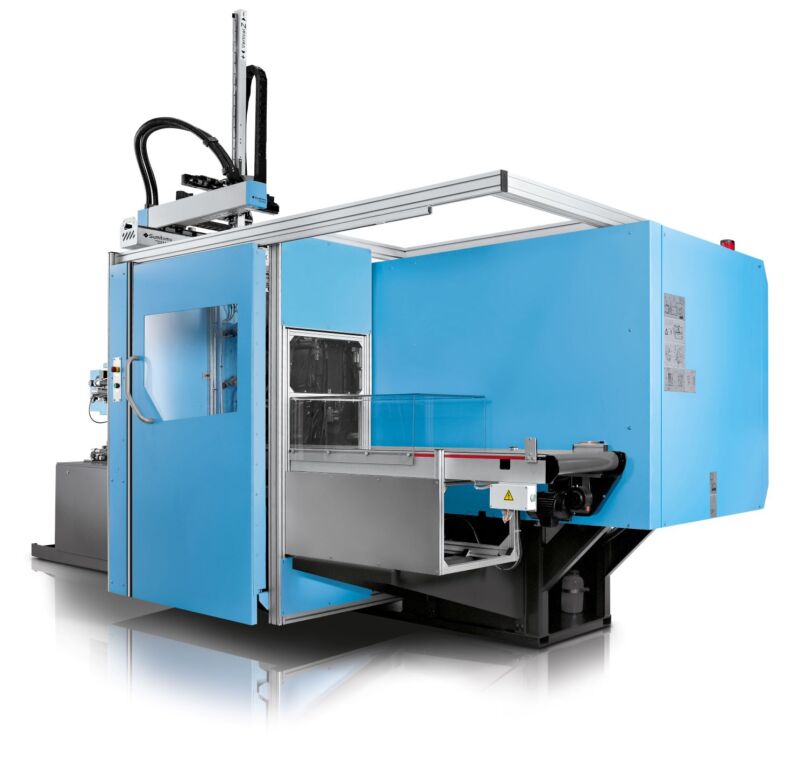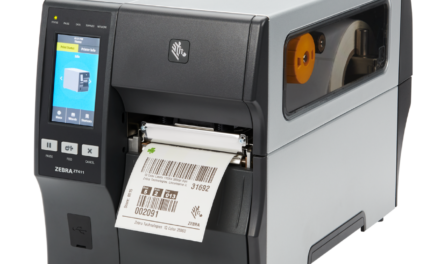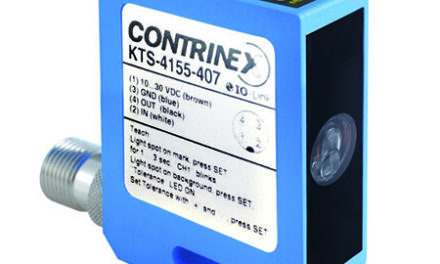For over 25 years, machinery, injection moulding cells included, have been subject to the CE (ConformitéEuropéenne) marking process when put into service in the European market (EU and EEA). The mark, designed to ease the free movement of machinery and show conformance with one or more European product safety Directives, just got a whole lot more complex.
Following Brexit, from 1 January 2021, the UKCA (UK Conformity Assessed) marking will replace the longstanding CE marking for goods sold within England, Wales and Scotland. As there’s no hard border in Ireland, free movement of people and goods continue to apply, as does the CE marking. Adding a further layer of complexity, in Northern Ireland a third logo – UKNI – will be used when goods subject to CE marking are performed by a GB Authorised Body (as per Article 7(3) of the Northern Ireland Protocol). Additionally, EU recognised notified bodies can also certify goods for the NI market.
So, what do all these certification changes mean for a European-based machinery builder like Sumitomo (SHI) Demagsupplying moulding systems, periphery equipment and robotics to customers located in Great Britain or Ireland? With a transitional UKCA period due to expire on 1 January 2022, UK companies are rapidly trying to decipher certification responsibilities, commercial risks and legal liabilities.
Managing Director Nigel Flowers teams up with CE specialist Derek Coulson to reassure and examine the future landscape of UKCA machinery certification and how to avoid sleep walking into a minefield of risks. With the first steps post-split agreed, both review the grey areas, new rules pertaining to the role of importers, and how future safety certifications align to the national sovereignty aspect of Brexit as well as international safety standards.
Subtle splits
Found on everything from plastic toys to medical devices, lightbulbs to robots, the CE mark has for many businesses and consumers been a recognisable bedrock of safety. The introduction of the UKCA mark doesn’t change this, notes Nigel. “Aside from several subtle changes to the text in documents to reflect UK legislative requirements, the transposition to UKCA right now is largely an administrative change. The biggest impact will be determined by the location of the manufacturer.”
Any UK company that exports into the EU must now appoint a responsible person or entity to act as the person to compile the technical file for CE marking. This entity – any EU person or company – must be physically located within the EU.
This requirement has been removed from the UK legislation. There is now no requirement for a non-UK supplier to identify a UK person to compile the Technical File. It can now be undertaken by the original manufacturer in any country. The concern, emphasises Derek, is that UK Health & Safety Authorities will not be able to obtain Technical Files. “This means the End User must ensure that any equipment supplied meets all requirements and is safe, before putting it into service,” said Derek.
CA for Check All
In July 2021, EU Regulation 2019/1020 will require all non-EU based suppliers of CE Marked goods to supply through an importer or fulfilment centre, who must hold Technical Documentation, or they must have an EU Authorised Representative to fulfil the tasks for them. This EU AR must be identified on the Declaration and in some cases the manufacturers plate. This requirement will not apply in England, Scotland or Wales, but will be for suppliers to Northern Ireland. An English, Welsh or Scottish manufacturer must have an EU Authorised Representative from 16 July, 2021 if they wish to supply to Northern Ireland.
For UK CA Marking, where a Declaration of Conformity (DoC) or Declaration of Incorporation (DoI) previously referred to ‘harmonised standards’ with EN prefixes, these must now refer to ‘designated standards’. The standard numbers should be prefixed with BS to indicate they are British Standards.
While CE marking requires machinery instructions to be written in the language where each machine is used, UKCAmarking insists the manual be written in English.
The change with the greatest risk implication relates to status. UK distributors bringing in equipment manufactured in the UK are now defined as ‘importers’. The compliance responsibility to adhere to the UKCA regime rests here. “If something safety-related happens, the party that’s located in the jurisdiction – in this instance the UK importer – takes on the liability,” highlights Derek.
“It all sounds fairly straightforward. And it is, providing EU and UK safety certification standards remain completely aligned to each other,” says Nigel. Although divergence is not anticipated right now, it could happen in the future. It’s why most global companies, Sumitomo (SHI) Demag included, advocate working towards international ISO safety standards rather than national ones.
Grey areas
Ireland is where the situation gets a little more muddied. With the Northern Ireland rules allowing for free movement of people and goods across Ireland, most of the rules stay aligned to the EU CE marking.
Derek explains: “Machine builders exporting to Ireland from the EU, as Sumitomo (SHI) Demag does, will continue to CE mark their machines exactly as before with the technical files compiled by an EU person. If an EU-based subsidiary, importer, representative or distributor is prepared to take on this role then the documentation can simply be updated accordingly. The manufacturer must trust any importer, as the Technical File contains Intellectual Property.”
In instances where EU machine builders previously using a UK Notified Body for the conformity assessment of Annex IV machines, this should have been transferred to an EU Notified Body. Most of the UK Notified Bodies now have EU subsidiaries or parent companies. However, where a CE marked product is put into service in Northern Ireland, if it has been assessed by a UK Authorised Body, the UKNI marking must also be used with the CE Marking.
Serving a large and expanding injection moulding customer base across North and Southern Ireland, Nigel clarifies that having a new registered office in Ireland helps. Additionally, having a nominated signatory in Germany, provides Sumitomo (SHI) Demag customers with reassurance that all future Declaration of Conformity (DoC) or Declaration of Incorporation (DoI) documents will comply with all these new certification regimes.
Cell certifications
For most new injection moulding systems commissioned for UK customers, Sumitomo (SHI) Demag will aim to import entire cells, including robotics and periphery equipment like runners and cooling systems from Germany or Japan. As the importer, the UK team accepts the responsibility of the Technical Files, making the issuing of a UKCA Mark seamless.
Incorporating equipment, such as robotics, from a different machinery supplier does raise further certification complications. With the onus of responsibilities potentially shifting to the end user – the moulding company, or the integrator. Nigel explains “Under the scope of the Supply of Machinery (Safety) Regulations 2008 and amendments, it became mandatory for a complete robotic cell to carry the CE marking. Providing it was added to a safe machine a Declaration of Incorporation could be issued. However, the duty of certification, even before Brexit, rested with the customer or integrator. That still applies.”
Additionally, creating a complex assembly of machinery may present other safety hazards. In effect creating a new cell. “It’s not enough to assume that having the CE or UKCA Mark affixed to each piece of equipment means the entire cell is certified,” observes Derek.
The sale of second hand or used moulding machinery in the UK will continue to be covered by The Provision and Use of Work Equipment Regulations, (PUWER) 1998.
Currently the process is moving from conformance with EU Directives to a virtually identical regime under UK statute. However, it does place greater onus on importers compared to distributors, especially in relation to compliance. “Although the changes are subtle, there are some definite shifts in legal responsibilities on the horizon,” ends Nigel.
Having supplied a comprehensive CE compliance service for many years, Sumitomo (SHI) Demag assures customers that it will continue to provide this valuable service. Being based in Ireland, Derek’s organisation – Hold Tech Files Ltd – is also well-placed to assist manufacturers to navigate the different certification processes, including all of the grey areas, and is able to compile EU and UK certification Tech Files and act as EU Authorised Representative.




